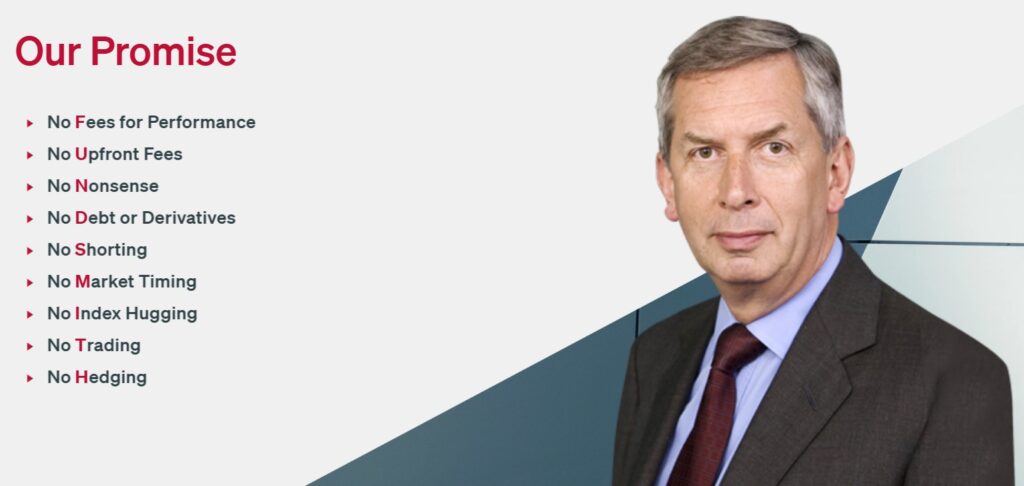
The Escondido Framework argues that all the market interfaces of the company (with customers for their goods or services – either B2B or B2C, labour, their own suppliers of goods and services, and providers of capital) are essentially similar.
Customers for goods and services make their decisions to purchases on the basis of a variety of characteristics of the offering: quality, product features, after-sales support, credit terms, price and more, and in relation to all of these, the competing alternatives. Employees consider not only the raw salary package, but the variety of employment terms, both hard and soft benefits, company culture and values, corporate reputation, risk, opportunities for career development, and that’s just the start of the list. Suppliers of goods and services also have complex decisions in terms of how they view their customers, whom to serve and how. It is not just a matter of price. For example: is this customer big enough to justify the effort to sell to them compared to the other potential customers out there; can we support the service levels and stock requirements to meet their demands; would our brand be damaged in the eyes of our premium customers if we sell to downmarket segments? And suppliers of funds to companies, whether equity, debt, or hybrid instruments, consider a wide range of trade-offs: risk (reflecting a wide variety of considerations: operational, financial structure, regulatory exposure), term, liquidity, income generation, value growth, portfolio diversification for starters.
So what should we make of the debate raging over ESG informed investment and rise of the vocal “anti-woke” investor?
The Escondido Framework is not a normative model, arguing over rights and wrongs of ESG investment. The model describes the world as it is, and highlights the shortcomings and incompleteness of other models of the organisation. Investors, alongside with consumers, suppliers and especially employees include ESG type considerations in the mix when deciding who to do business with and on what terms. Do I want to be complicit in the destruction of the planet, oppression of minorities, exploitation of disadvantaged populations – whether on a third world plantation or facing an early death through a predisposition to consume addictive toxins (alcohol, tobacco or opiates). ESG is a fact of life in all markets, the only question is the weight and precise form in which it plays into the consideration of all the parties (aka stakeholders) with whom companies interact.
There are conflicting accounts as to whether ESG focussed companies and investment funds deliver superior returns. Part of the problem is one of definition and the nature of the measures employed: movements in share price are a poor metric because any starting point in a share price measure has future performance expectations priced in. However, to the extent that robust taking ESG issues into considerations reflect long term strategic thinking and the combination of transparency to investors and quality in decision-making processes, it is hard to see why and how ESG would not offer great value creation over an “anti-woke” alternative.
The Financial Times has once again (Helen Thomas on 11 January, following an article by Harriet Agnew on 12 January last year) focussed on a spat between “anti-woke” investor Terry Smith of Fundsmith and the leadership of Unilever. Smith has mocked Unilever’s leadership in his annual letter to investors for highlighting its sustainability credentials and for “virtue-signalling ‘purpose’”. He takes issue with Unilever for “purposeful” brands. For example, he comments about soap that “when I last checked it was for washing” dismissing Unilever for talking about “inspiring women to rise above everyday sexist judgements and express their beauty and femininity”. But, as Thomas points out, “the huge success of Dove – one of Unilever’s biggest brands, held up as a marketing case study – suggests a bit of female empowerment and body positivity isn’t a stupid way to sell soap. Rather like efforts to make mayonnaise appealing to health-conscious millennials [Smith laid into Unilever’s account of the “purpose” of Hellman’s last year], Smith just isn’t the target market”.
He is on stronger ground in his criticism of Unilever, which has been subject to a raid by activist Norman Peltz who now has a seat on the board. He complains that Unilever has failed to engage with his fund which had been a long-term holder of Unilever stock and twelfth largest shareholder. Marketing to investors, involving both taking strategic marketing decisions about the proposition provided to the investor (ie the profile of the investment including characteristics such as those listed provide above) as well as communicating with the shareholders, is one of the core responsibilities of the chief executive.
Reading the Fundsmith shareholder letter, I take away the impression that Smith’s criticism of “virtue-signalling” reflects a politically informed discomfort with a company that responds to trends in society and to the new consensus about threats to the environment. However, his language elsewhere and his stated strategy to invest in good companies, hold onto shares for the long term, suggest that he doesn’t recognise that his fund should invest in companies that adopt the underling strategic approach of Unilever (even if not its failure to communicate adequately with large shareholders or its apparently inept approach to large transactions). Given the stated approach (effectively to emulate Warren Buffett), Smith ought to be able to leave his personal politics and any “anti-woke” tendencies outside in the carpark when he comes to work and to recognise the value of purpose and ESG when investing on behalf of his clients.